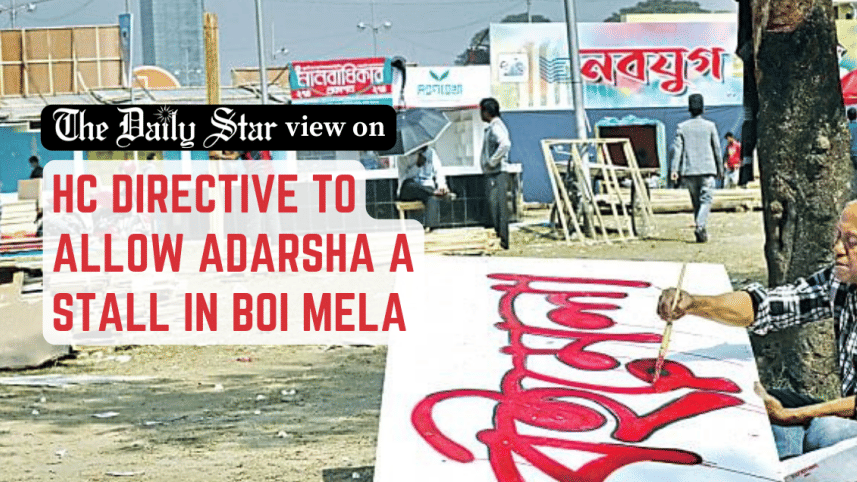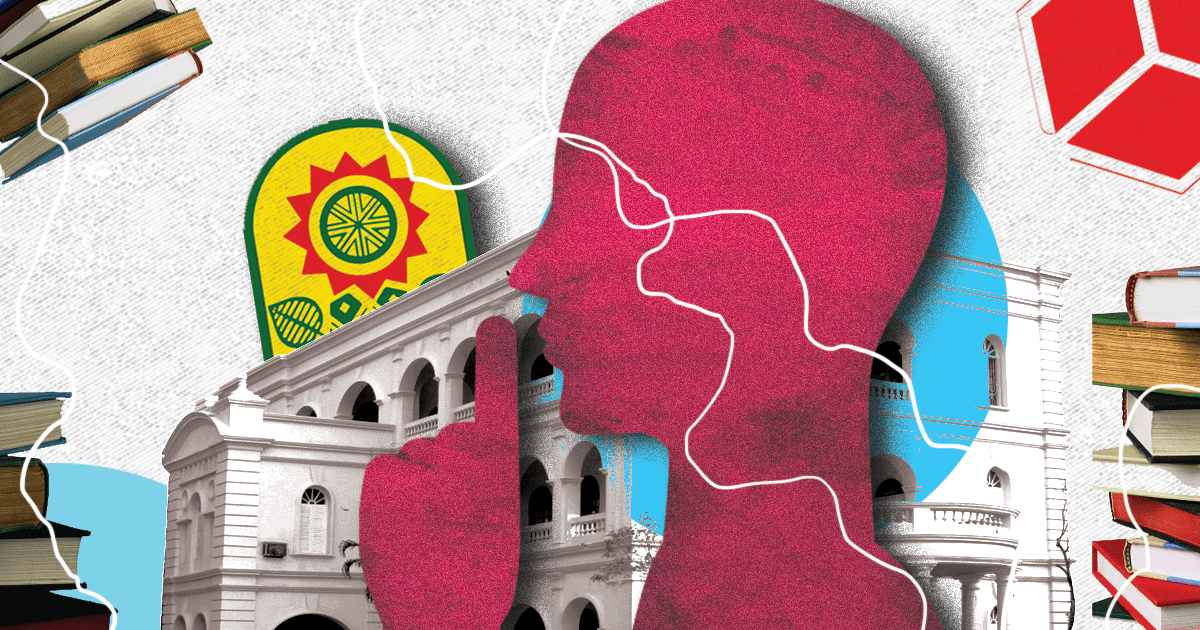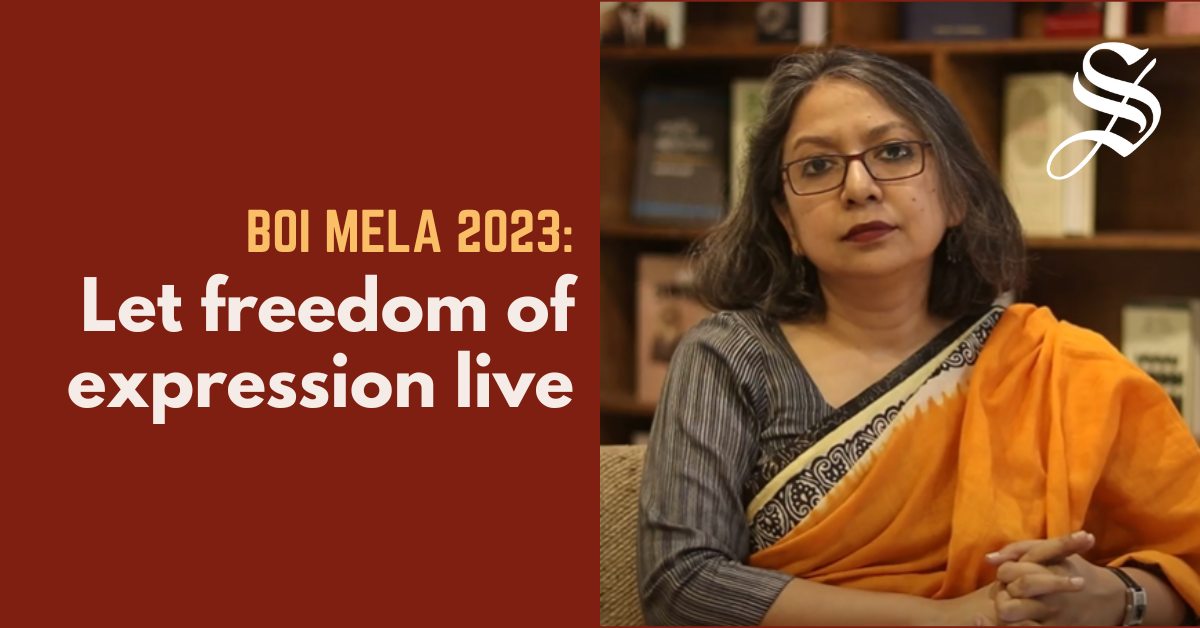An ‘Adarsha’ upheld

We welcome the High Court's order to Bangla Academy to allow publishing house Adarsha Prokashoni to participate in this year's Boi Mela. This is definitely a triumph, albeit minor, for freedom of expression in the country, at a time of increasing censorship and muzzling of dissenting voices. However, it is still concerning that the court ordered the publishing house not to sell or exhibit three specific books to which the Academy had originally objected. It is particularly confusing as a press release signed by the Deputy Director of the public relations sub-division of Bangla Academy stated that the publication was barred from having a stall on the grounds of only one of their books containing "political obscenity".
The court also issued a rule asking Bangla Academy and the government to explain why the academy's decision not to allow Adarsha Prokashoni to run its stall in Boi Mela should not be declared illegal. We would also respectfully urge the court to consider on what grounds the books were found "obscene" in the first place and whether such censorship goes against our constitutional guarantees of freedom of expression. Bangla Academy, we are saddened to note, has thus far failed to provide a consistent or convincing answer for its decision to bar Adarsha.
While the three books in question may contain criticisms and narratives that challenge dominant discourses with which one may not agree, we believe the answer lies in counter-criticisms and debates, not in bans and censorship. It is important for the health of a democracy to allow diversity of views and creative freedom(s), but we have noticed with increasing alarm how that space has shrunk over the past decade, leaving little to no room for divergent thoughts. From arrests under increasingly stringent digital laws, to attacks on writers, journalists and bloggers, to films getting stuck at the censor board, creativity and critical thought are now essentially under siege.
This incident, even if it is somewhat resolved, has contributed to the growing culture of fear and censorship that has left our media and intelligentsia crippled. New publishers will think twice before publishing content that may be critical of the dominant narrative in any way, while writers will find themselves having to navigate an even more tricky terrain of censorship simply to get published. It is all the more alarming that such censorship should take place in the month of February and at the Boi Mela, which for Bangladeshis signify the Language Movement and freedom of speech and expression.
We have noted with increasing apprehension the politicisation of the Bangla Academy, particularly with the enactment of the Bangla Academy Act 2013 which allows the government to nominate more members to the executive committee compared to those nominated by the general assembly and fellows of the academy. We hope there will be no arbitrary bans on books and publication houses from the Boi Mela in the future, and that, moving forward, the Bangla Academy will uphold the true spirit of the Language Movement.
 For all latest news, follow The Daily Star's Google News channel.
For all latest news, follow The Daily Star's Google News channel. 

Comments